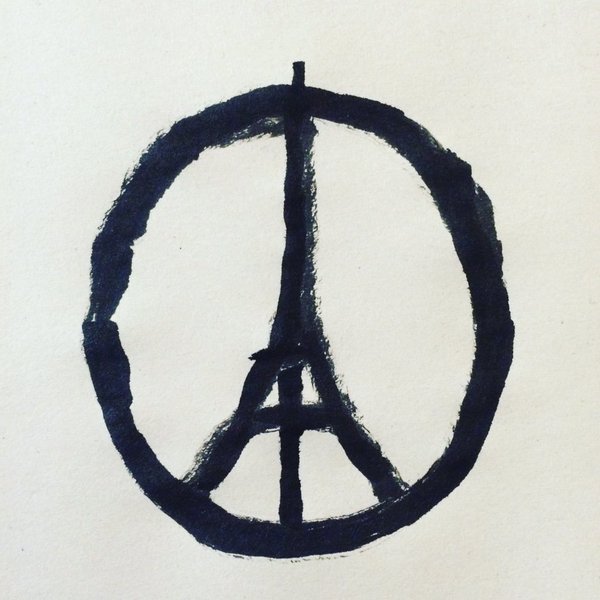
What’s left to say about Paris? What further condemnation of Islamic State is possible?
Even before Friday’s massacre, news was emerging from the town of Sinjar, liberated by the Kurds with US air support: Kurdish forces said they had discovered a mass grave, containing the bodies of Yazidi women the Islamic State forces considered too old to be used as sex slaves. Contemplate the layers of obscenity described in that last sentence, and then add the thought of the dozens of Parisiens executed for the crime of wanting to enjoy a Friday night out with friends and family, and yes, the Beirutis killed for living in a “Shia neighbourhood”, the Russians hoping for some winter sun, the HDP supporters marching for peace and democracy in Ankara... on and on the list goes.
The pornographic, orgiastic nature of Islamic State makes it difficult for us to contemplate on rational terms, even to the point where imagining a military defeat of it seems impossible. While it is true that air strikes helped liberate Sinjar, there seems a curious abstraction to the idea that one acts against terror in Paris by bombing Raqqa. Francois Hollande’s announcement of a “massive” attack on the Islamic State’s “capital” has the feel of a revenge attack, to be classed alongside Reagan’s bombardment of Tripoli in 1986 after the Berlin disco bombing – which raises its own parallels and questions: is Islamic State a sponsor of international terror, like Gadaffi’s Libya or Saddam’s Iraq, or are these acts carried out as direct acts of war?
Meanwhile in the absence of any certainty about what we should do about the greater threat, we instead do what passes for political discussion in the west: we shout “hypocrite” at each other on the internet. Saddened by one event? Why weren’t you saddened by all the other events? (I can’t respond to every single event with a Twibbon: also, my empathy isn’t limited and this isn’t a contest).
Or we blame the media: “Why didn’t the press cover Ankara or Beirut the way they covered Paris?” asks Jeremy Corbyn among others. Here are a few reasons:
The Paris atrocity was different in nature to those in Beirut and Ankara, which were single-incident bombings as opposed to several simultaneous, rolling events across a city.
Simple proximity: I could stop typing right now, get on a train to Paris, have lunch, do some light shopping, and be home for dinner. It takes me the same amount of time to get there as it does to Manchester. No one would complain about the London media covering a Manchester atrocity more than a Beirut atrocity.
Europe, whether the hard left and hard right like it or not, is a real thing in people’s lives. That I relate strongly to people from the EU does not mean I am oblivious to those outside it, but that we are people who share institutions, structures, political appointees etc. Even our passports carry some of the same words. There is a nationhood of a sort.
Events in Beirut, Ankara etc, were covered by diligent, hardworking foreign desks. It’s not their fault if you didn’t develop ten different hashtags for the story.
The tremendous irony in complaining about the supposed lack of western media coverage of events such as the Beirut and Ankara bombings is that we are making the argument revolve, once more, around ourselves and our existing grievances. No matter: we are back in the comfort blanket of narcissism: this is about us: this is about things that we are familiar with, things we have some control over: The Stop The War Coalition rationalises by posting articles about how the rise of Islamic State is entirely the fault of “western interference”, as if Yazidi women are executed and pushed into mass graves at the orders of the Pentagon.
Or someone will point out that France had an imperial past, and many Algerians were killed, therefore – therefore something.
We’re back in charge: we get this.
But we don’t. We don’t get it at all. We're sad and scared and angry and we don't get it at all.